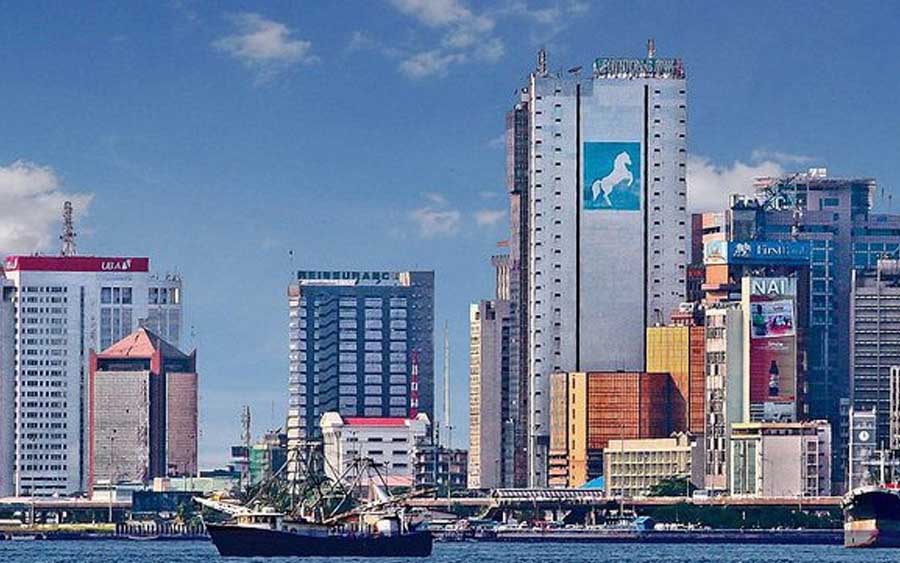Finance
Banks Cutting Down Loans to Private Sector Amid Growing Uncertainty

Nigerian banks have started cutting down on loans to the private sector as economic uncertainty persists amid rising risk.
The latest data from the Central Bank of Nigeria (CBN) showed that the total credit to the private sector declined by N425 billion or 1.41 percent to N29.71 trillion in the month of September, down from N30.13 trillion in August.
While credit facility to the government jumped by 13.51 percent from N8.56 trillion in August to N9.68 trillion in September. Bringing the total credit to the economy in the month under review to N39.39 trillion, up by 1.81 percent from N38.69 trillion in August.
The latest trend of cutting down on loans to the private sector reflects lenders’ strategy to curb rising bad loan default by households and businesses.
The report stated: “The performance of total unsecured loan to households, measured by default rates, worsened in Q3 2020 and it is expected to deteriorate further in Q4 2020.”
The report noted that financial institutions experienced higher default rates on credit cards and overdrafts/personal lending to households in the third quarter of the year. However, it said they expect the default rates to drop in this current quarter.
“Losses given default on total unsecured loans to households and overdraft/personal loans to households both declined in Q3 2020. Similarly, default on total unsecured loans to households was expected to worsen further while default on overdraft/personal loans to households would improve in Q4 2020.
“Corporate loan performance as measured by the default rates worsened for small businesses and medium PNFCs but improved for large Public Non-Financial Corporations (PNFCs) and small businesses and Other Financial Corporations (OFCS) in Q3 2020. However, lenders expect lower default rates on lending to all sized businesses except small businesses in Q4 2020.”